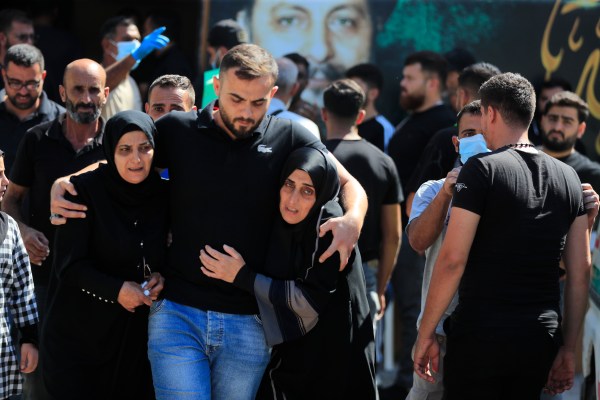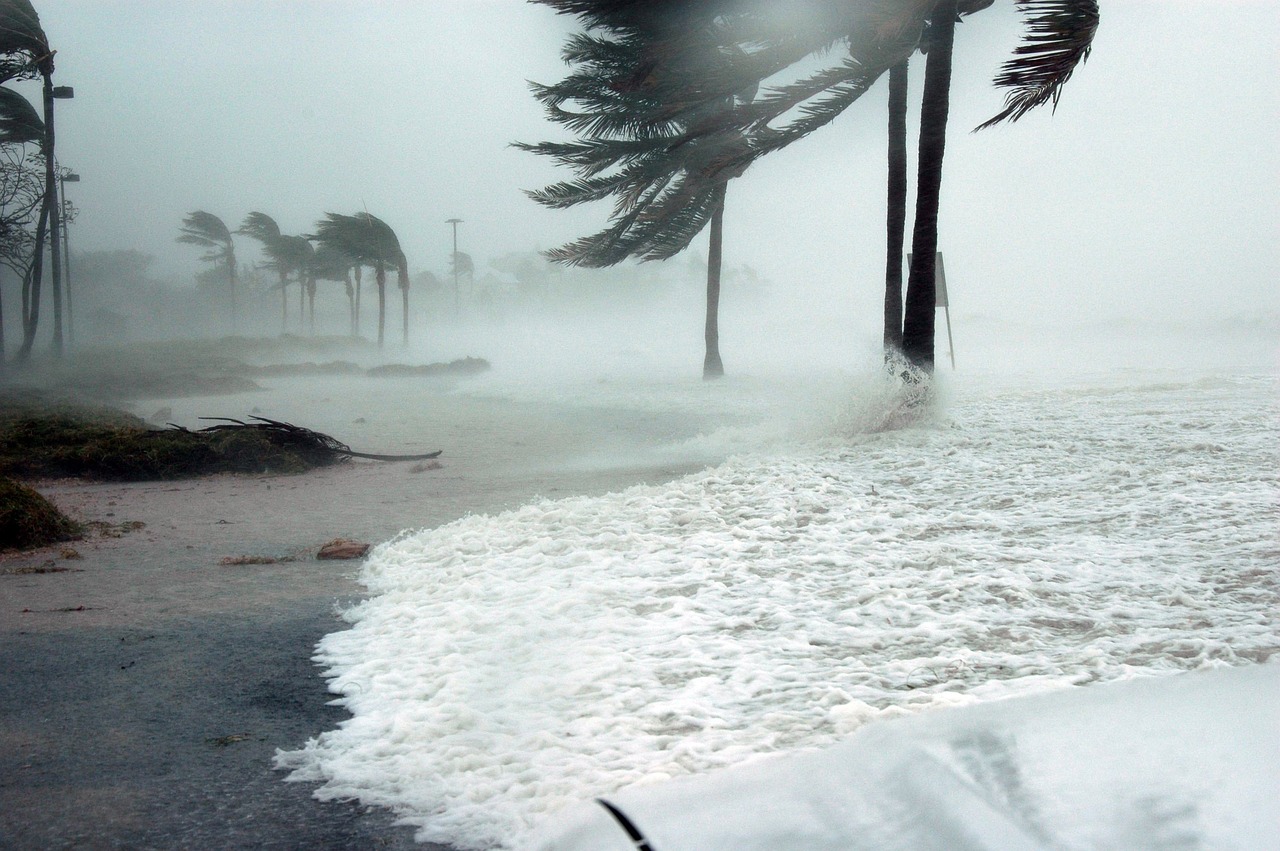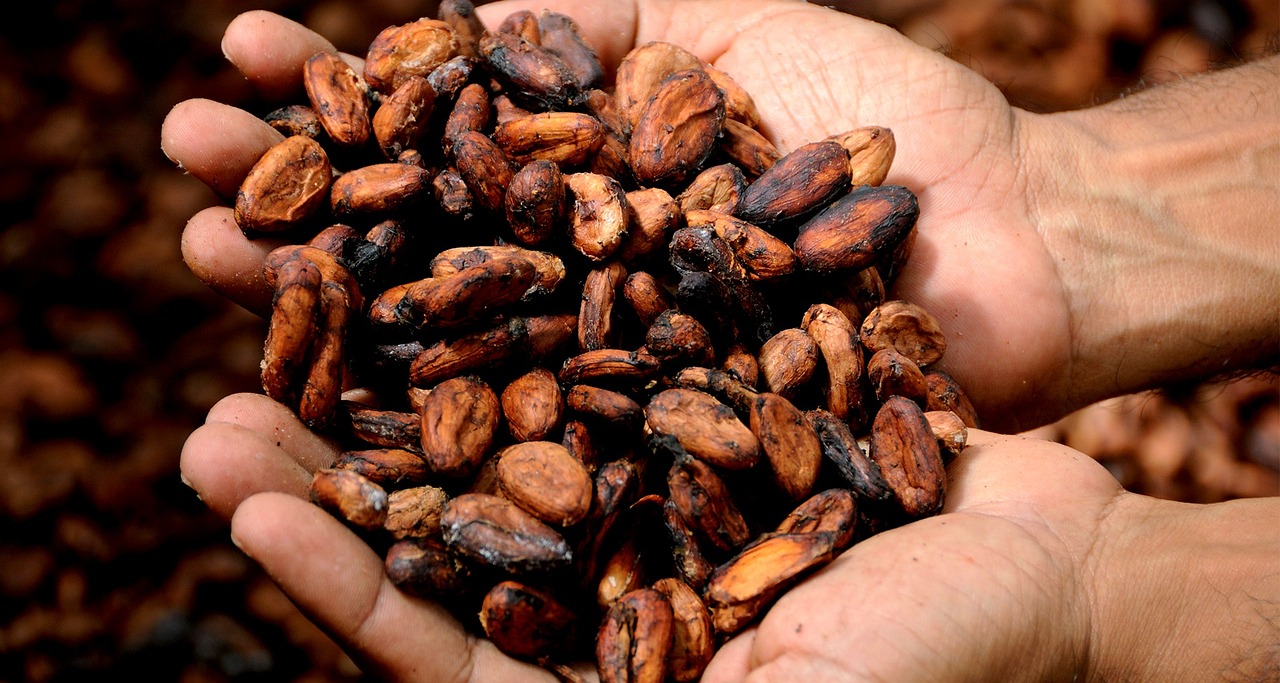The past week has witnessed a sharp escalation in the year-long conflict between Israel and Lebanon’s Hezbollah. It began with two days of attacks, which saw Hezbollah’s pagers and walkie-talkies explode, and were blamed on Israel, with civilian casualties reported across Lebanon.
In response, Hezbollah’s leader vowed retaliation, and on Friday, the group launched a barrage of rockets into northern Israel. Later that day, the commander of Hezbollah’s elite unit was killed in an airstrike in Beirut, which also claimed the lives of dozens of others.

The situation worsened on Sunday as Hezbollah launched over 100 rockets into northern Israel, with some landing near Haifa. Israel retaliated by launching hundreds of strikes across Lebanon.
On Monday, Israeli strikes claimed the lives of over 490 Lebanese, marking the deadliest attack since the 2006 Israel-Hezbollah war. Residents in southern and eastern Lebanon were warned by Israel to evacuate as the air campaign intensified.
 Hezbollah launched rockets and drones into northern Israel, triggering air raid sirens in cities like Haifa and Carmel. The Israeli military warned citizens to brace for more incoming attacks. (AP photo)
Hezbollah launched rockets and drones into northern Israel, triggering air raid sirens in cities like Haifa and Carmel. The Israeli military warned citizens to brace for more incoming attacks. (AP photo)
Over the last 24 hours, Israel has unleashed a series of air strikes across Lebanon. Hundreds of Lebanese people are dead, many are wounded and thousands are displaced as they scramble to figure out safe areas for their families .
There is growing fear that the violence could escalate into a full-scale war between Israel and Hezbollah, which could further destabilise the region, already tense due to the ongoing conflict in Gaza. While both sides have stated they do not wish for war, they have also warned of escalating their military campaigns.
Israel and Hezbollah have exchanged fire regularly since the Gaza conflict began on October 7 last year. Despite heavy pressure from the US and its allies to de-escalate, both sides have pulled back when the conflict has come close to spiralling out of control. However, Israeli leaders have increasingly signalled that a larger military operation could be on the horizon to halt attacks from Lebanon and enable displaced Israelis to return to their homes.
What were the latest attacks?
Over 1,600 Lebanese were injured in Monday’s airstrikes, which prompted a mass exodus from southern Lebanon. Israel claims it targeted Hezbollah’s weapons sites, hitting around 1,600 targets. However, Lebanon’s health minister reported that hospitals, medical centres, and ambulances were also struck.
Israel has issued warnings to residents to evacuate areas where Hezbollah is believed to be storing weapons. The warnings were also circulated via text messages, according to Lebanese media.
Hezbollah responded by firing dozens of rockets into Israel, including at military bases, with air-raid sirens sounding across northern Israel.
 Emergency personnel work at a site of houses damaged following a rocket attack from Lebanon, amid cross-border hostilities between Hezbollah and Israel, in Kiryat Bialik, Israel, September 22, 2024. (Photo: Reuters)
Emergency personnel work at a site of houses damaged following a rocket attack from Lebanon, amid cross-border hostilities between Hezbollah and Israel, in Kiryat Bialik, Israel, September 22, 2024. (Photo: Reuters)
An Israeli airstrike on Friday brought down a high-rise in Beirut’s southern suburbs, killing Ibrahim Akil, the commander of Hezbollah’s elite Radwan unit, along with other top commanders. The airstrike reportedly killed at least 45 and injured more than 60. Akil was said to be responsible for Hezbollah’s rocket and drone campaigns against northern Israel.
That attack followed the explosion of thousands of pagers and walkie-talkies used by Hezbollah last Tuesday and Wednesday. At least 37 people were killed, including two children, and around 3,000 were injured. Israel has not confirmed nor denied involvement.
Reports suggest that while the bombing did not significantly affect Hezbollah’s manpower, it could have disrupted their communications and forced the group to implement stricter security measures.
What is happening on the border?
The Israel-Lebanon border has seen daily exchanges of fire since the Israel-Hamas war began on October 7. Before Monday, around 600 Lebanese – mostly fighters but including about 100 civilians – had been killed, along with 50 soldiers and civilians in Israel. Thousands of people have been displaced from their homes near the border on both sides.
 People watch Lebanon’s Hezbollah leader Sayyed Hassan Nasrallah delivering a televised address, as they sit at a cafe in Sidon, Lebanon September 19, 2024. (REUTERS)
People watch Lebanon’s Hezbollah leader Sayyed Hassan Nasrallah delivering a televised address, as they sit at a cafe in Sidon, Lebanon September 19, 2024. (REUTERS)
Hezbollah leader Hassan Nasrallah vowed to retaliate for the pager bombings but has remained cautious about stoking further conflict. The group faces a delicate balance: retaliating against Israeli attacks while avoiding actions that might escalate into a full-scale war for which it could be held responsible.
Hezbollah claims its attacks against Israel are in solidarity with Hamas. Last week, Nasrallah declared that the rocket barrages would continue and that Israelis in the north would not be able to return to their homes until the conflict in Gaza ends.
What are Israel’s plans?
Israeli officials have not publicly announced a decision to expand military operations against Hezbollah, but there has been growing speculation. Last week, Israel’s Northern Command head was quoted in local media suggesting a ground invasion of Lebanon.
As the fighting in Gaza has slowed, Israel has bolstered its forces along the Lebanese border, including deploying a division believed to consist of thousands of troops.
Israeli Defence Minister Yoav Gallant recently declared a “new phase” in the war, with Israel shifting its focus northwards towards Hezbollah.
 Residents check the site of an Israeli airstrike in Beirut’s southern suburbs, Tuesday, Sept. 24, 2024. (AP Photo/Hassan Ammar)
Residents check the site of an Israeli airstrike in Beirut’s southern suburbs, Tuesday, Sept. 24, 2024. (AP Photo/Hassan Ammar)
“The centre of gravity is shifting to the north,” he stated.
A United Nations-brokered truce following the 2006 war called for Hezbollah to withdraw 29 kilometres from the border, but the group has refused, accusing Israel of also not adhering to parts of the agreement. Israel is now demanding Hezbollah withdraw by eight to 10 kilometres – the range of its anti-tank missiles.
The 2006 war, which was sparked when Hezbollah kidnapped two Israeli soldiers, involved heavy Israeli bombardments of southern Lebanon and Beirut, as well as a ground invasion. Israeli commanders later revealed that the strategy was to inflict maximum damage on Hezbollah-controlled areas to deter future attacks.
However, this time Israel might have more ambitious aims: potentially to capture a buffer zone in southern Lebanon to push Hezbollah fighters further from the border. Such a strategy could lead to a more prolonged and devastating conflict, reminiscent of Israel’s occupation of southern Lebanon from 1982 to 2000.
 People react during the funeral procession of their relatives, who were killed in Monday’s Israeli airstrikes, in the southern village of Saksakieh, Lebanon, Tuesday, Sept. 24, 2024. (AP Photo/Mohammed Zaatari)
People react during the funeral procession of their relatives, who were killed in Monday’s Israeli airstrikes, in the southern village of Saksakieh, Lebanon, Tuesday, Sept. 24, 2024. (AP Photo/Mohammed Zaatari)
Israel estimates Hezbollah now has approximately 150,000 rockets and missiles, some of which are precision-guided and capable of hitting any location in Israel. While Israel has strengthened its air defences, it remains uncertain whether they could withstand the intensity of a new war.
Israeli leaders have warned that southern Lebanon could become a full-scale battle zone, claiming that Hezbollah has embedded its rockets, weapons, and fighters across the border area. Israeli politicians have also indicated that Lebanon could face the same level of devastation seen in Gaza during the ongoing conflict.
(With Inputs from AP and Reuters)
Disclaimer: The copyright of this article belongs to the original author. Reposting this article is solely for the purpose of information dissemination and does not constitute any investment advice. If there is any infringement, please contact us immediately. We will make corrections or deletions as necessary. Thank you.







